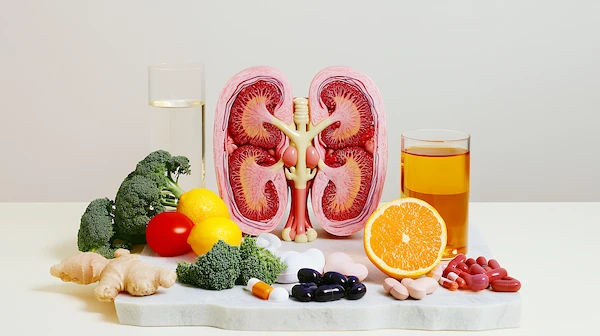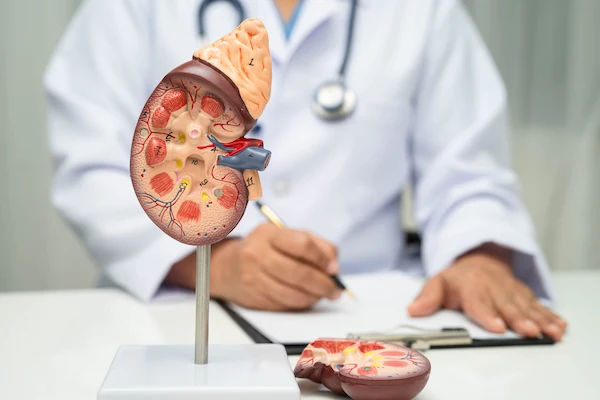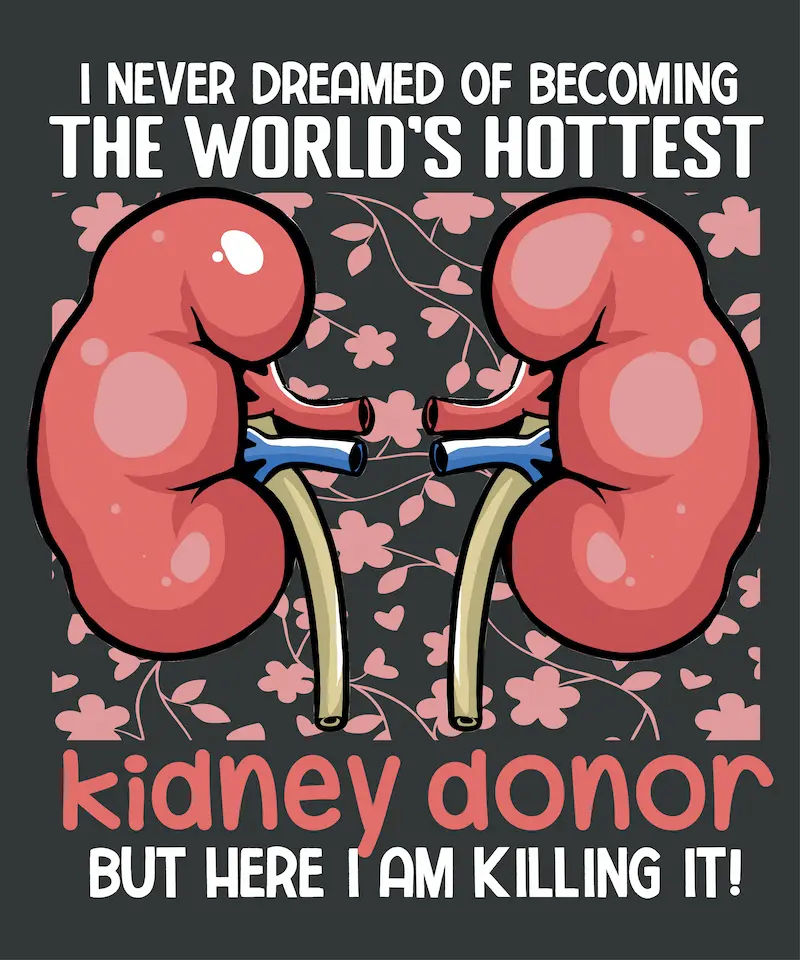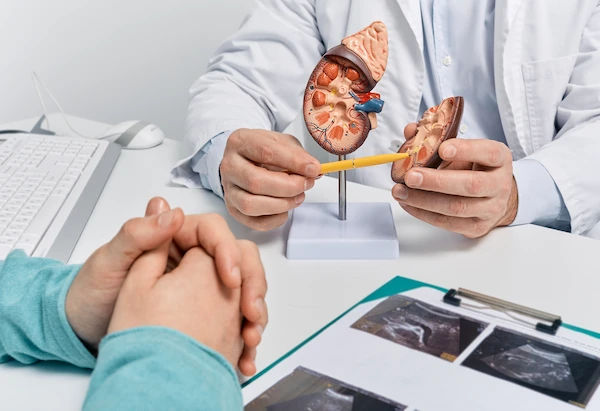Kidney Transplant Without Donor
Discover alternatives to traditional kidney donation aiming to end the organ shortage.

Written by Dr. Mohammed Kamran
Reviewed by Dr. Rohinipriyanka Pondugula MBBS
Last updated on 13th Jan, 2026
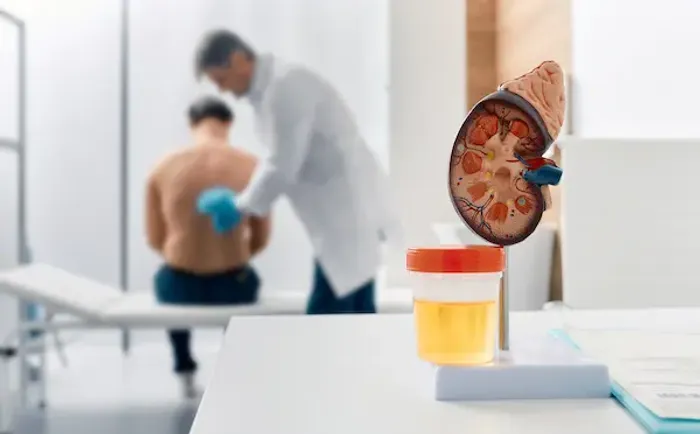
Introduction
If you or a loved one is suffering from kidney failure, you may have heard about kidney transplants. But what if you don’t have a living donor? The good news is that medical advancements now allow patients to receive a kidney transplant even without a family or friend donor. This article explains how it works, the process involved, and what you can do to improve your chances of getting a transplant.
Understanding Kidney Transplant Without a Donor
A kidney transplant is a lifesaving procedure for people with end stage kidney disease (ESKD). Ideally, a living donor (like a family member or friend) can donate a kidney. However, not everyone has a suitable donor. In such cases, patients can still receive a kidney through:
Deceased Donor Transplant (Cadaver Transplant) – A kidney from a brain dead donor is matched and transplanted.
Paired Kidney Exchange (Swap Transplant) – If a living donor isn’t compatible with you, they can donate to another patient in exchange for a compatible kidney for you.
Government Registered Waiting List – Patients can register for a deceased donor kidney through national transplant programs.
How Does the Transplant Process Work Without a Donor?
The way the transplant process works without a donor:
1. Getting on the Waiting List
If you don’t have a living donor, you can register for a deceased donor kidney. Here’s how it works:
Evaluation by a Transplant Center – Doctors will assess your health to ensure you’re fit for surgery.
Blood Tests & Tissue Typing – This helps match a donor kidney to your body.
Waiting Period – The wait time depends on blood type, medical urgency, and availability.
2. Paired Kidney Exchange (Swap Transplant)
If you have a willing but incompatible donor (like a family member), you can join a kidney exchange program. Here’s how it helps:
Your donor gives a kidney to another patient.
In return, you receive a compatible kidney from another donor.
This increases the chances of finding a match.
3. Advancements in Transplant Medicine
New techniques like desensitization therapy help patients receive kidneys from slightly incompatible donors, reducing wait times.
Consult Top Nephrologists
How Long is the Wait for a Kidney Transplant?
The waiting time varies based on:
Blood Type – Some blood types (like O) have longer wait times.
Medical Urgency – Patients with severe conditions may get priority.
Region & Availability – Some areas have more donors than others.
On average, patients wait 3-5 years, but some may get a match sooner. Staying healthy while waiting is crucial.
How to Improve Your Chances of Getting a Transplant
While waiting for a kidney, you can take steps to stay healthy and improve transplant success:
Follow Dialysis Strictly – If you’re on dialysis, sticking to your schedule keeps you strong for surgery.
Maintain a Healthy Diet – Eat low sodium, low potassium foods to protect your remaining kidney function.
Control Blood Pressure & Diabetes – These conditions can affect transplant eligibility.
Stay Active – Light exercise helps maintain overall health.
Avoid Smoking & Alcohol – These can harm kidney function and reduce transplant chances.
Life After a Kidney Transplant
A successful transplant can greatly improve quality of life, but it requires lifelong care:
Immunosuppressant Medications – Prevent organ rejection but require regular monitoring.
Regular Checkups – To ensure the kidney is functioning well.
Healthy Lifestyle – A balanced diet and exercise help prolong kidney function.
When to See a Doctor?
If you have kidney disease and are considering a transplant, consult a nephrologist (kidney specialist) or a transplant surgeon. They can guide you on the best options based on your health.
Need Help? Book a Consultation Today!
If you or a loved one needs advice on kidney transplants, Apollo 24|7 offers expert consultations with top nephrologists. You can also check your eligibility for a transplant and get guidance on the next steps.
Final Thoughts
A kidney transplant without a living donor is possible through deceased donor programs or paired exchanges. While the wait can be long, staying healthy improves your chances of a successful transplant. With proper medical care and lifestyle adjustments, many patients lead active, fulfilling lives posttransplant.
If you have any concerns, don’t hesitate to reach out to a kidney specialist for personalized advice. Stay hopeful—advancements in medicine are making transplants more accessible than ever!
Consult Top Nephrologist
Consult Top Nephrologists

Dr Vinay Kumar A V
Nephrologist
8 Years • MBBS, MD - General Medicine, DM - Nephrology
Bilaspur
Apollo Hospitals Seepat Road, Bilaspur

Dr. Ch. Anil Kumar
Nephrologist
6 Years • MBBS., MD., DM
Kakinada
Apollo Hospitals Surya Rao Peta, Kakinada

Dr S P Omkumar
Nephrologist
6 Years • MBBS, MD NEPHRO
Chennai
Apollo Clinic, Valasaravakkma, Chennai

Dr. Sandeep Morkhandikar
Nephrologist
18 Years • MBBS, DNB, DM ( Nephrology)
Pune
Apollo Clinic, Viman Nagar, Pune

Dr. Archana Chiniwalar
Nephrologist
6 Years • MBBS, MD (Internal Medicine), DM (Nephrology)
Bengaluru
Apollo Medical Center, Marathahalli, Bengaluru
Consult Top Nephrologist

Dr Vinay Kumar A V
Nephrologist
8 Years • MBBS, MD - General Medicine, DM - Nephrology
Bilaspur
Apollo Hospitals Seepat Road, Bilaspur

Dr. Ch. Anil Kumar
Nephrologist
6 Years • MBBS., MD., DM
Kakinada
Apollo Hospitals Surya Rao Peta, Kakinada

Dr S P Omkumar
Nephrologist
6 Years • MBBS, MD NEPHRO
Chennai
Apollo Clinic, Valasaravakkma, Chennai

Dr. Sandeep Morkhandikar
Nephrologist
18 Years • MBBS, DNB, DM ( Nephrology)
Pune
Apollo Clinic, Viman Nagar, Pune

Dr. Archana Chiniwalar
Nephrologist
6 Years • MBBS, MD (Internal Medicine), DM (Nephrology)
Bengaluru
Apollo Medical Center, Marathahalli, Bengaluru
